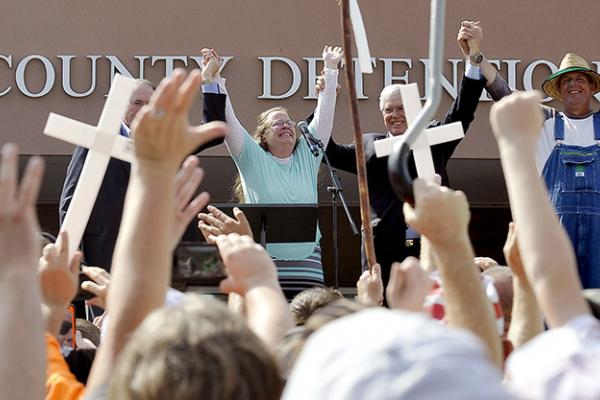Dec 30, 2015
According to a recent poll by The Associated Press and the University of Chicago’s National Opinion Research Center, 82 percent said religious liberty protections were important for Christians, compared with around 60 percent who said the same for Muslims and the religiously unaffiliated.
Yet, religious freedom is not merely an important issue — it is our “first freedom.” What Americans, especially Christian Americans, must understand is this: Religious freedom for some is not religious freedom for long.
Read the Full Article

Already a subscriber? Login
